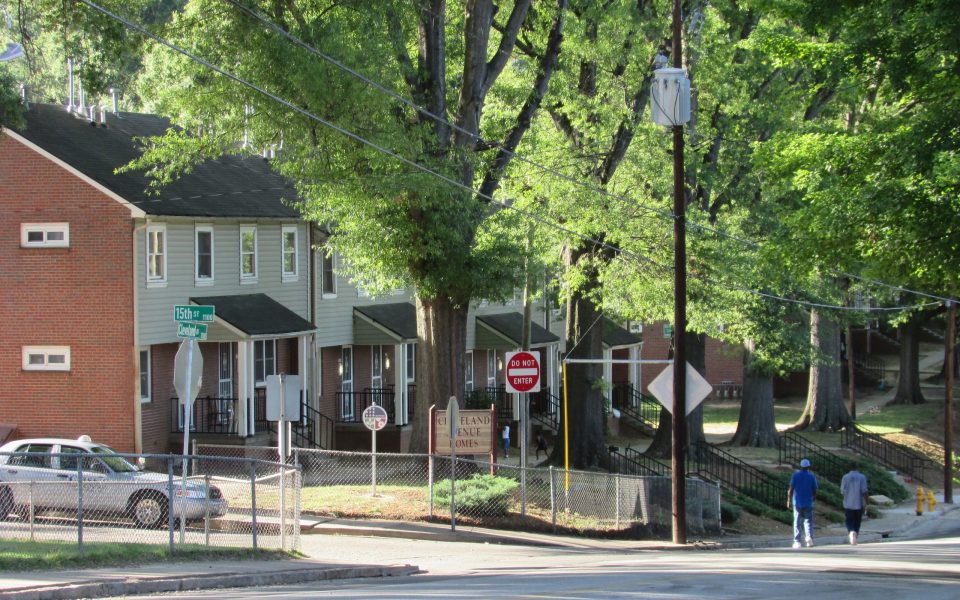Last September, a study of housing needs commissioned by the city of Winston-Salem found that the city will need 9,264 owner-occupied units to meet demand over the next 10 years. The overwhelming majority of demand — 75 percent — is coming from seniors ages 65 to 84, a demographic that is projected to grow by 7.1 percent, compared to 3.1 percent by the overall population.
The housing study, which is not yet complete, raises some important questions for Winston-Salem City Council, not only about where to build new units, but how to align public transit, along with investments in parks and infrastructure to support retail amenities.
But the contours of a solution to at least one challenge are potentially coming into relief.
One of the best ideas that came out of a pair of public input meetings at the Home & Garden Building at the Winston-Salem Fairgrounds on Jan. 25 was mixed-income retirement communities. The idea particularly makes sense in northeast Winston-Salem, where an aging cohort of black professionals who bought houses in the 1950s and ’60s as educators and plant workers at RJ Reynolds are now struggling to keep up with maintenance costs.
“That would allow those who are homeowners, those who are committed to the heritage of their communities to be able to stay there, just transition from house into perhaps condo, but it’s not discriminatory based upon just low-income or wealth,” said one woman. “It would hopefully draw others to the community as well.”
Much of the conventional thinking about economic mobility, which by definition is more of a concern for children than the aged, is that it’s better to move people out of high-poverty areas than build new housing there. To the surprise of the facilitator, many commenters expressed support for reinvestment in economically distressed parts of the northeast instead of creating pathways of escape.
Elisabeth Motsinger, a member of the Winston-Salem/Forsyth County School Board, proposed a slightly different variation on the same idea, which could help stabilize legacy African-American neighborhoods while promoting affordability by paring down.
“What co-housing does is your individual home is smaller because you have a community space, and you’re intentionally creating a community and often have gardens,” she said. “But I actually think that’s going to be one of the most important things we can do is create communities that are intentional, that give us a place to belong to. I think our children need to grow up with people who care about them who are not just their parents. Their parents absolutely need adults to care about them who are not just them. And seniors need to be vital parts of communities.”
Join the First Amendment Society, a membership that goes directly to funding TCB‘s newsroom.
We believe that reporting can save the world.
The TCB First Amendment Society recognizes the vital role of a free, unfettered press with a bundling of local experiences designed to build community, and unique engagements with our newsroom that will help you understand, and shape, local journalism’s critical role in uplifting the people in our cities.
All revenue goes directly into the newsroom as reporters’ salaries and freelance commissions.


Leave a Reply